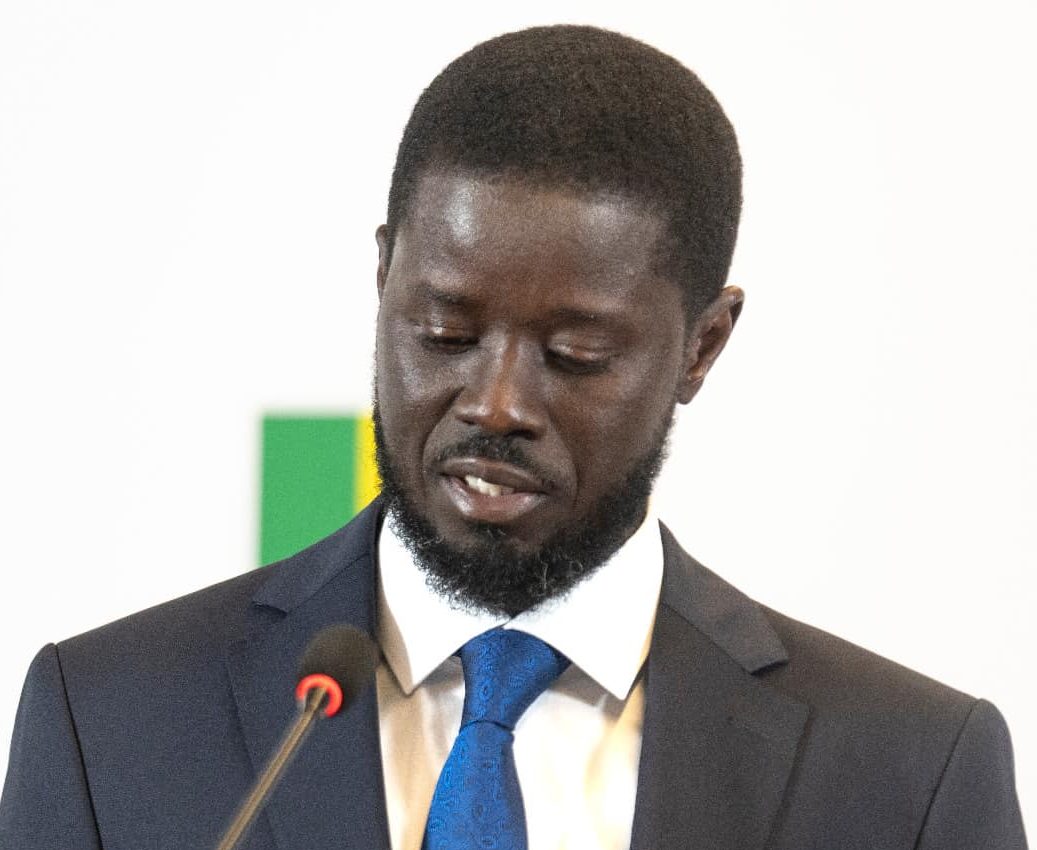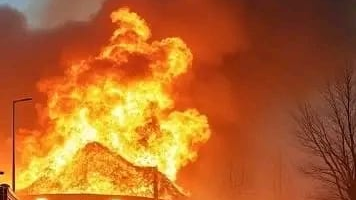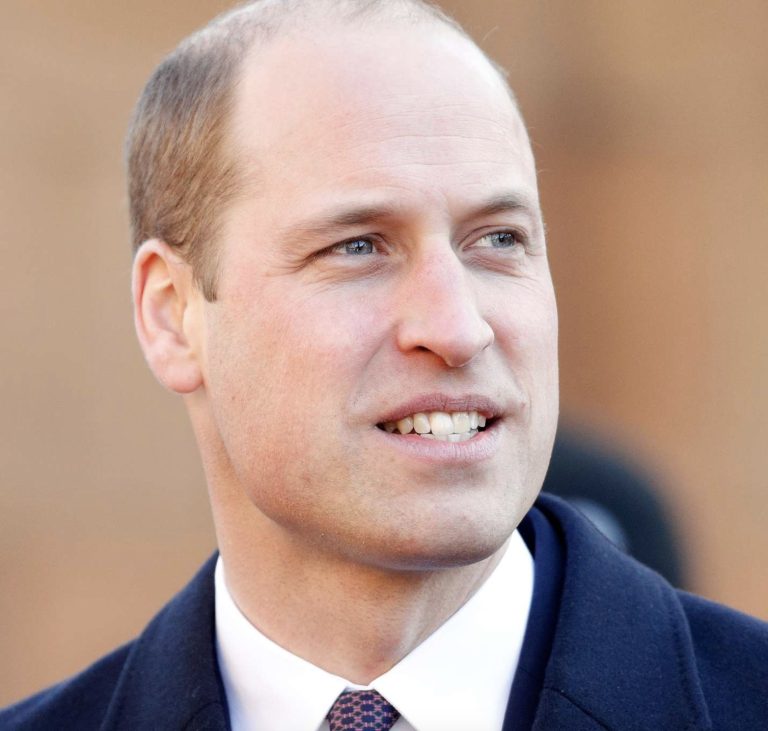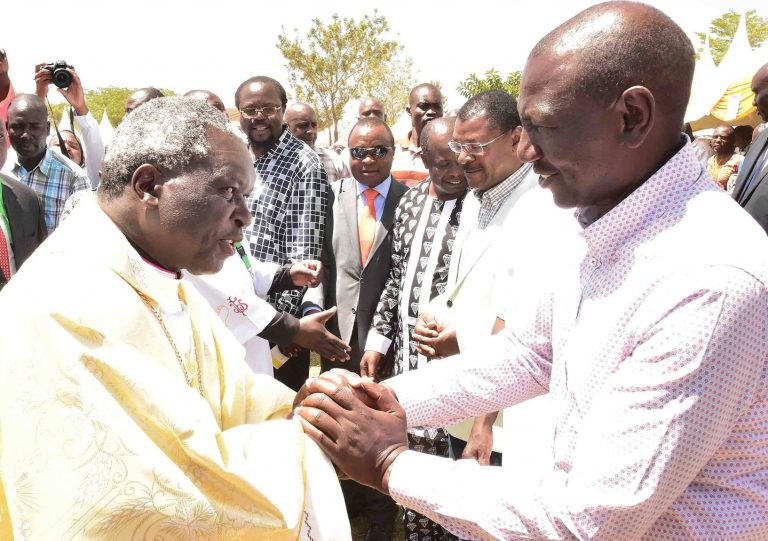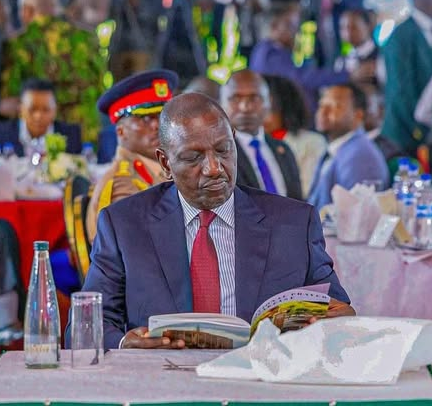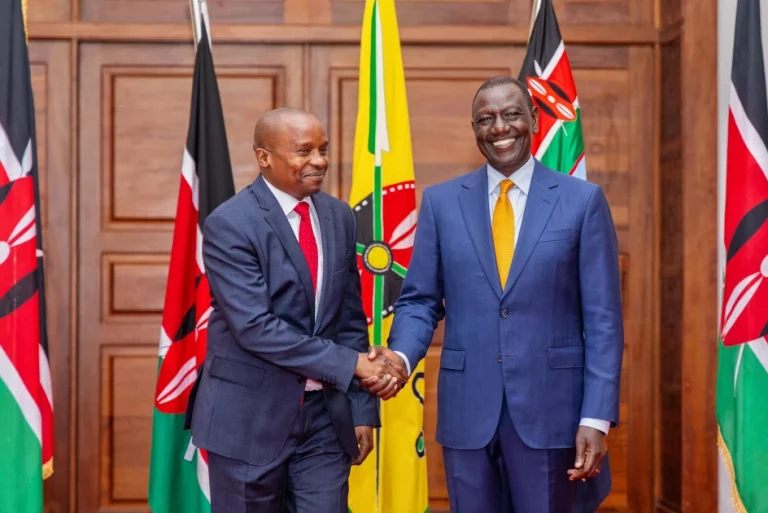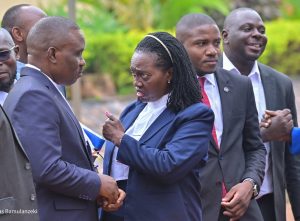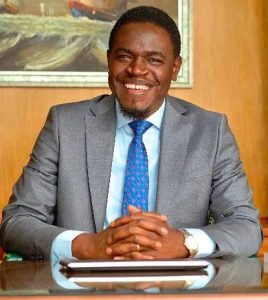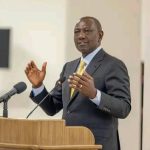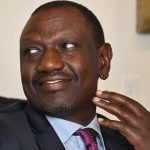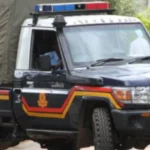Senegal renews call for justice 80 years since Thiaroye Massacre. On Sunday, Senegal commemorated the 80th anniversary of the Thiaroye massacre.
The tragic event where African soldiers who fought for France in World War II were killed by French troops in 1944.
The soldiers, demanding fair treatment and overdue payment upon their return, were gunned down in Thiaroye, a fishing village near Senegal’s capital, Dakar.
For decades, Senegal has urged France to take full responsibility, issue an official apology, and properly investigate the massacre.
This year’s commemoration amplified those demands, coinciding with a period of diminishing French influence in its former African colonies.
Many of these nations, including Senegal, have begun looking elsewhere, such as Russia, for strategic partnerships and security.
Varied Accounts and the Pursuit of Truth
Accounts of the Thiaroye massacre remain inconsistent. The official death toll, once cited as 35, was raised to at least 70 by former French President François Hollande during a 2014 visit to Thiaroye.
Historians, however, believe the number of the fallen soldiers could be much higher, possibly reaching 400.
French President Emmanuel Macron addressed the massacre in a letter to Senegalese President Bassirou Diomaye Faye ahead of the ceremony.
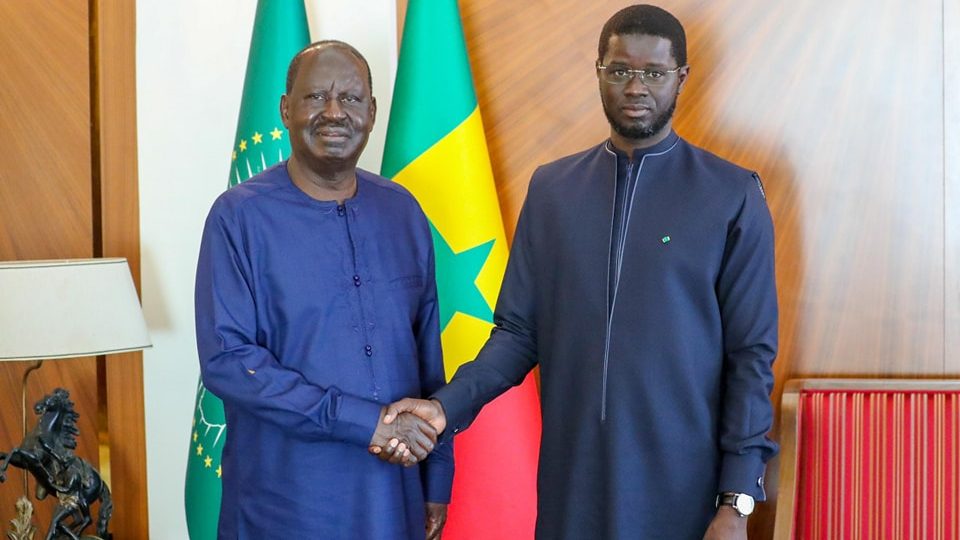
Macron referred to the killings as a “massacre” for the first time, a significant shift in France’s acknowledgment of the event.
Previously, Hollande had described it as a “dreadful tragedy,” though he also used the term “massacre” in a recent interview with French media.
The ceremony began with a solemn visit to the Thiaroye military cemetery, where dignitaries laid flowers in honor of the victims.
Among those in attendance were France’s foreign affairs minister and several other African heads of state and leaders.
A printed guide to the event described the killings as “horrific repression” against members of the Senegalese infantry unit, who were surrounded and shot after requesting fair compensation.
Ongoing Questions and Hidden Histories
The exact circumstances surrounding the massacre remain unclear. France has faced accusations of falsifying records and concealing evidence.
Historians have called for a thorough investigation, including permission to search suspected mass graves where hundreds of soldiers may be buried.
Macron stated in his letter that France is cooperating with a Senegalese committee to uncover the truth. Senegal’s President Faye responded cautiously, emphasizing the need for full transparency.
“There have been several efforts to smother this story,” Faye noted. “We hope this time France’s engagement will be complete, frank, and collaborative.”
Renewed Push for Reparations
Earlier this year, Senegal’s Prime Minister Ousmane Sonko criticized France for attempting to dictate the narrative around its treatment of African soldiers.
See also Karua travels to Uganda to represent Besigye in court
He further, argued that France must address the reparations owed to these soldiers and their descendants.
The Thiaroye massacre remains a painful reminder of the injustices faced by African soldiers who fought under colonial powers.
However, eight decades later, Senegal continues to demand accountability, truth, and reparations for the atrocities committed.
Even so, as the two nations navigate their shared history, the push for justice stands as a testament to the enduring fight for dignity and recognition.
